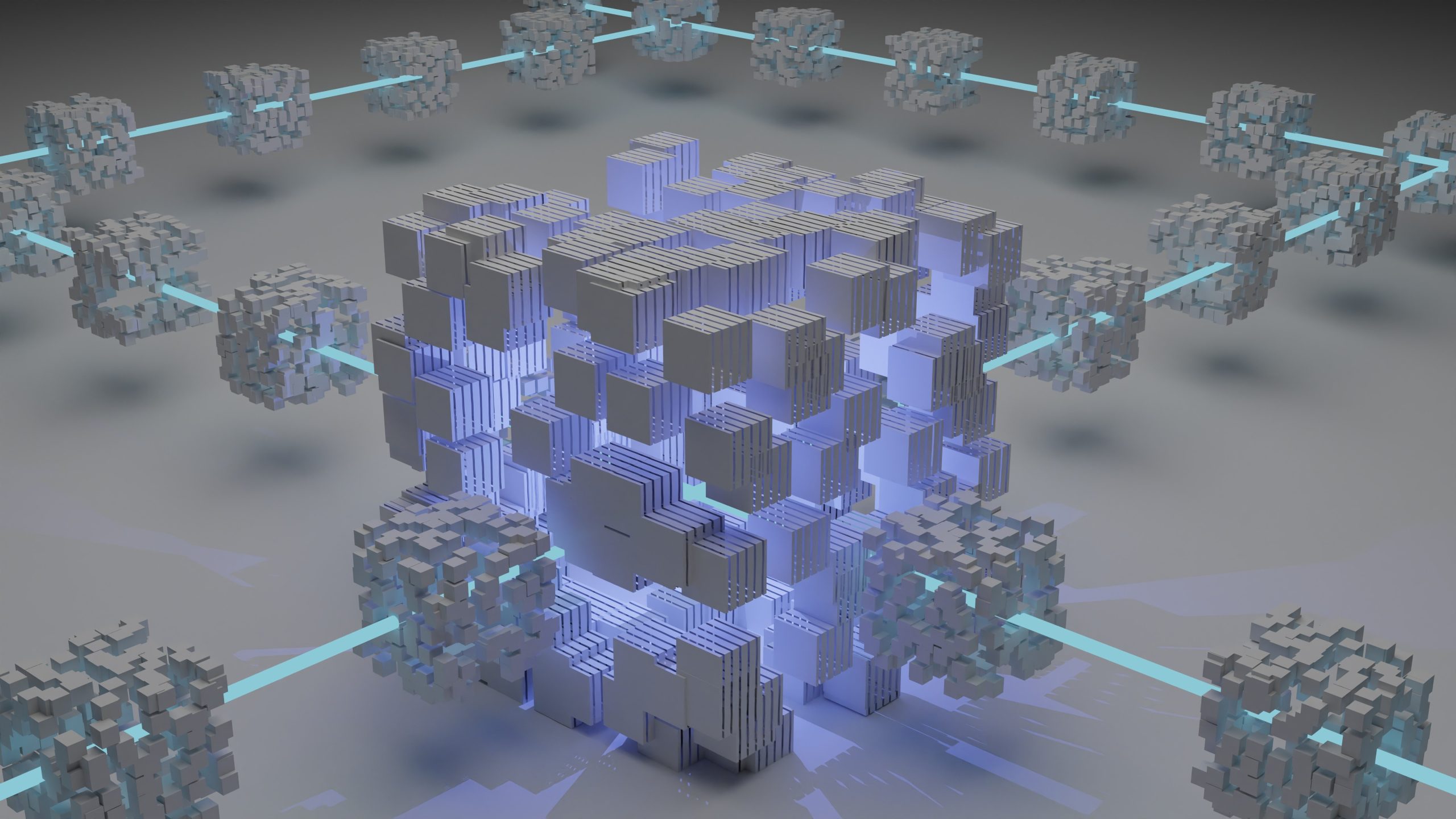Attention all internet users! Are you tired of worrying about the safety and privacy of your online activities? Look no further than blockchain technology and the decentralized web. This revolutionary combination is changing the game when it comes to online security, giving individuals more control over their data and eliminating middlemen who collect and sell personal information. In this blog post, we’ll explore how blockchain and decentralization work together to create a safer, more private internet experience for everyone. Get ready to join the revolution!
What is Blockchain?
What is blockchain?
Blockchain is a distributed ledger system that uses cryptography to secure transactions and to control the creation of new units. Transactions are grouped into blocks, which are then linked together using cryptographic proofs. Each block contains a timestamp and a link to the previous block, creating an unalterable record of every transaction.
Why is blockchain important?
Blockchain has many potential applications, but its biggest impact may be in online security and privacy. With blockchain, users can control their data and keep it safe from prying eyes. Blockchain also makes it difficult for anyone to tamper with records without being noticed.
How does blockchain work?
To use blockchain, users first need to create a digital “wallet.” This wallet contains information such as their name and address, as well as a private key that allows them to access their funds. Then they need to send some bitcoin (or another cryptocurrency) to this wallet address. The bitcoin will be transferred into a block chain and recorded forever.
Why is bitcoin unique?
Bitcoin is the first and most well-known cryptocurrency built on blockchain technology. Other cryptocurrencies that are based on blockchain include Ethereum, Litecoin, Ripple, and Bitcoin Cash.
How Does Blockchain Work?
The blockchain is a public online ledger of all cryptocurrency transactions. Bitcoin was the first and most widely used blockchain application. Transactions are verified by network nodes and then added to the blockchain in chronological order. Bitcoin is an example of a decentralized application, meaning that there is no single point of control or authority.
Each block contains a cryptographic hash of the previous block, a timestamp, and transaction data. Transaction data includes the sender’s address, receiver’s address, and amount sent. Blocks are added to the chain in chronological order, with each block containing a proof-of-work that requires a specific amount of computational power to be executed. This mechanism allows bitcoin to be reliably distributed as well as verified.
The blockchain is secure because it uses cryptography to protect against unauthorized modification of records. Each node stores its own copy of the blockchain, which helps prevent attacks from happening in an centralized location. The downside to this approach is that it can take time for blocks to be added to the chain, which can lead to decreased accuracy for certain types of transactions.
The Advantages of Blockchain Technology
There are a number of advantages to using blockchain technology for online security and privacy. First, blockchain is an incorruptible digital ledger of all transactions that is distributed across a network of computers. This makes it difficult for hackers or other malicious actors to tamper with or steal data. Additionally, because blockchains are decentralized, no individual or entity can control or manipulate the information stored on them. As a result, blockchain provides an secure and private platform for exchanging information online.
Another advantage to using blockchain technology is its ability to transparently record all transactions. This makes it easy for users to verify the identity of parties involved in transactions and prevents fraud and other scams from happening. Finally, by employing blockchain technology, businesses can improve their overall security and privacy measures by eliminating the need for third-party verification services.
How to Protect Your Online Privacy with Blockchain
Blockchain technology is revolutionizing the way we protect our online privacy, security and identity. By creating a decentralized network of linked computers, blockchain provides a secure way to keep information private and anonymous.
Here are five ways you can use blockchain to safeguard your online privacy:
1. Use a VPN to encrypt your online traffic. With blockchain, it’s possible to track what sites you’re visiting and who you’re talking to online, so using a VPN will help keep your activities confidential.
2. Use a tracker-blocking browser extension like NoScript. by Firefox, Chrome and Opera; or Privacy Badger for Safari. These extensions block trackers, including those used by ads networks and spyware makers, from collecting your personal information.
3. Use two-factor authentication (2FA). This adds an extra layer of security by requiring you to enter two separate passwords – one for your account and one for 2FA – in order to login or make changes to your account details.
4. Store important data on a offline device or paper ledger instead of relying on the cloud. By keeping sensitive data offline where it cannot be accessed or tampered with, you increase your chances of preserving your privacy and security against cyberattacks.
5. Use a trusted third party like Tor to browse the web anonymously and securely. Tor lets users surf the web without revealing their true identity or location by routing their traffic through a network of volunteer nodes around the world.”
Conclusion
The blockchain and the decentralized web are changing the way we think about online security and privacy. They are making it possible for people to control their data and protect their identities without relying on centralized authorities. This is a major revolution, and there is still much to be done in order to make sure that it is embraced by everyone who uses the internet. However, if this technology is going to take off, we need to start thinking about how it can be used in everyday life. Hopefully, this article has helped you learn more about what this technology is and why it matters.




